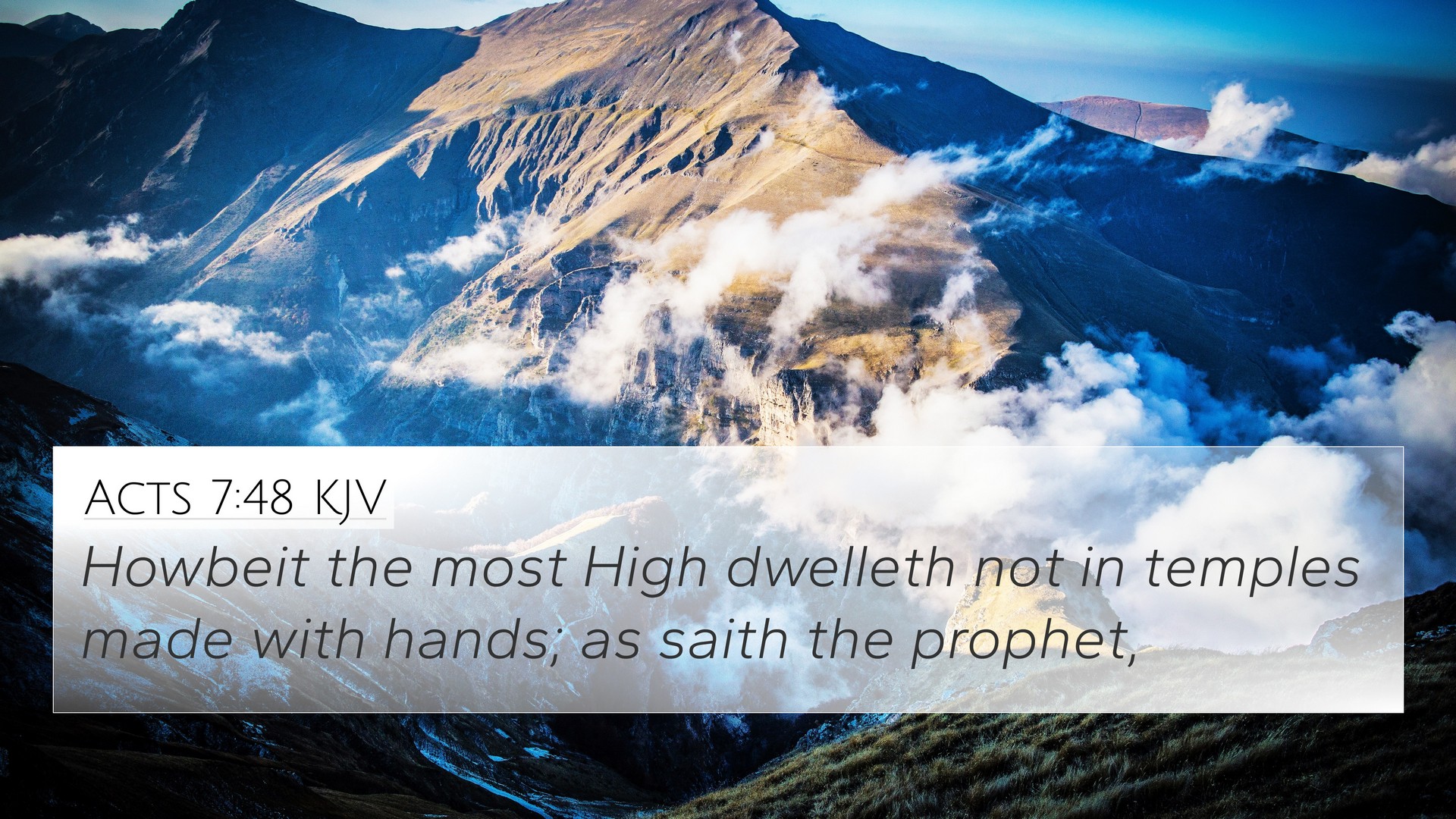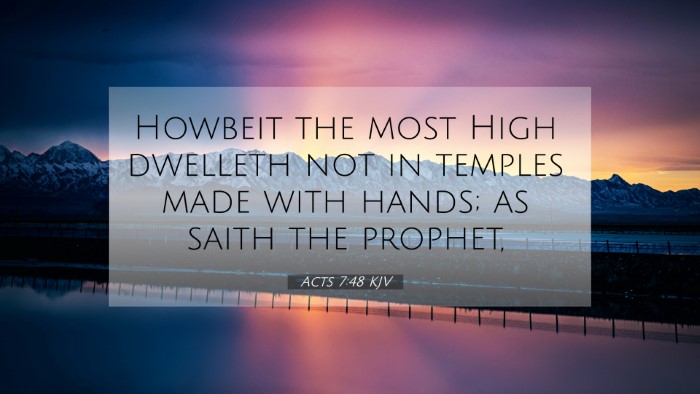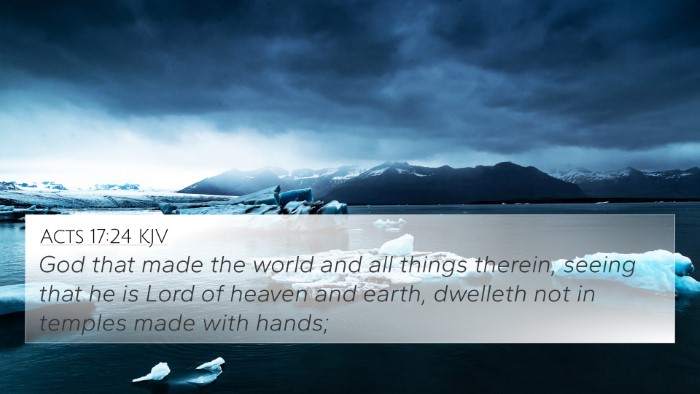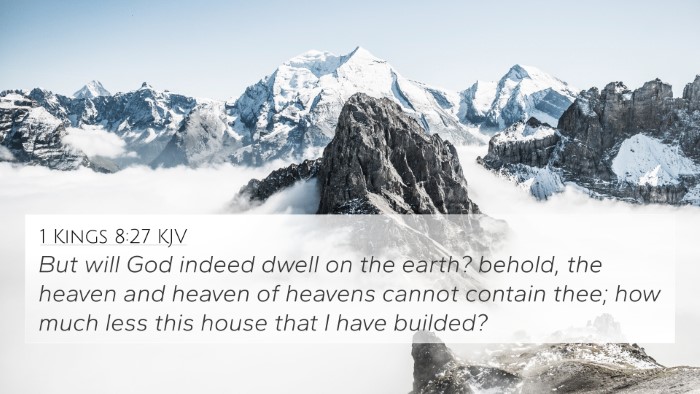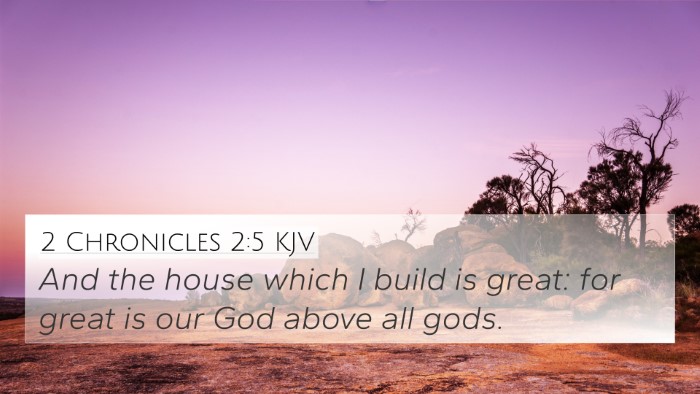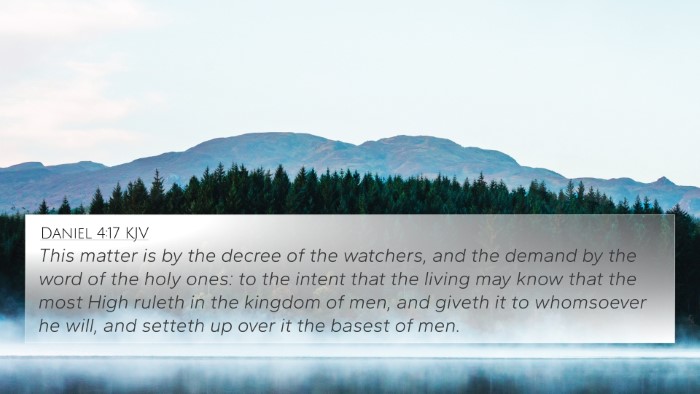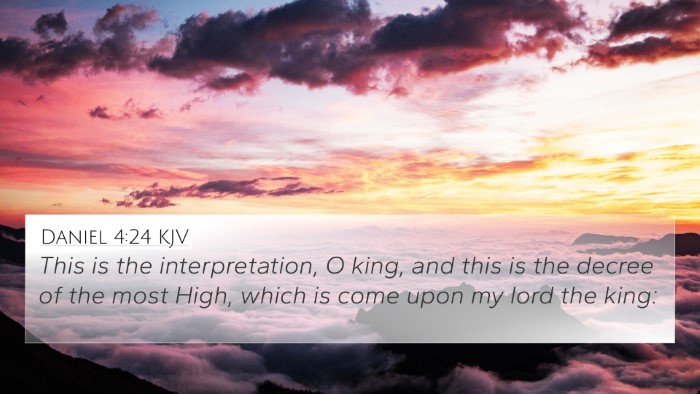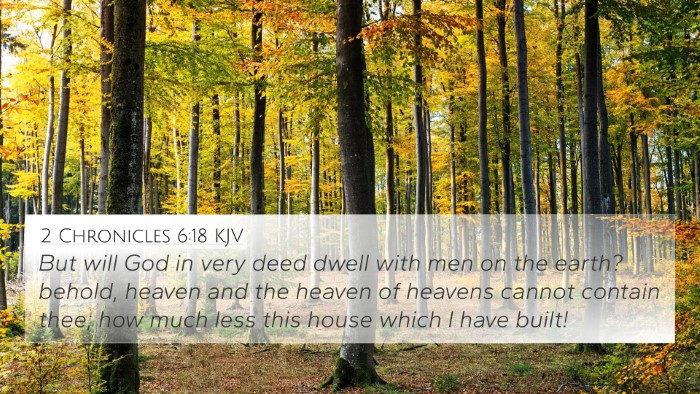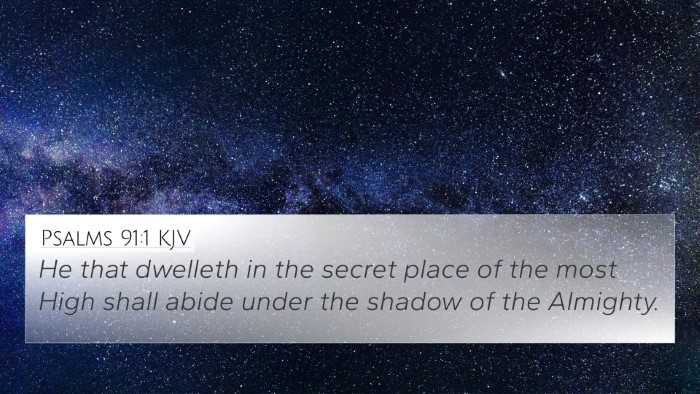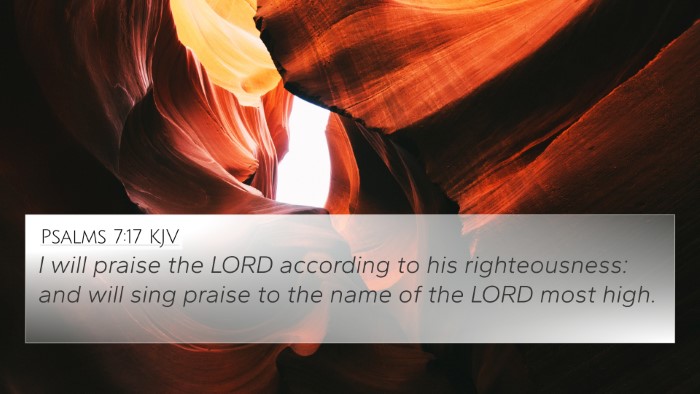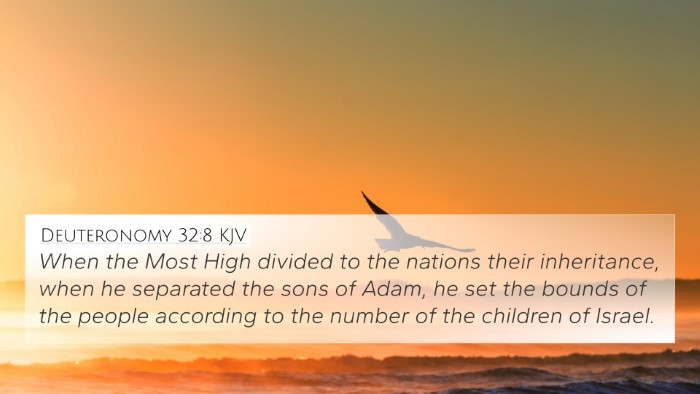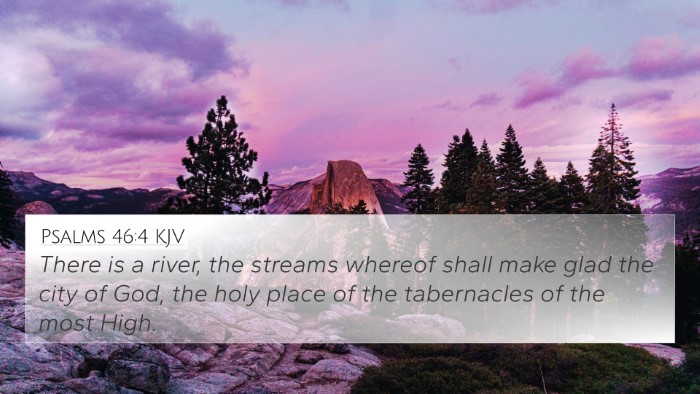Understanding Acts 7:48
Acts 7:48 states, "However, the Most High does not dwell in temples made with hands, as the prophet says." This profound verse, spoken by Stephen during his defense before the Sanhedrin, reveals several key theological insights regarding God's nature and His relationship with the physical realm.
Summary of Acts 7:48 Meaning
This verse emphasizes that God is transcendent and does not confine Himself to earthly structures. Let us explore the meanings provided in various public domain commentaries, such as Matthew Henry, Albert Barnes, and Adam Clarke.
Insights from Matthew Henry
God's Transcendence: Matthew Henry indicates that God's majesty surpasses human understanding, suggesting that no man-made structure can contain His divine presence. Henry implies that the attempt to limit God to a physical temple diminishes His omnipotence.
Insights from Albert Barnes
Spirit over Structure: Albert Barnes elaborates that the reference to the prophet reinforces that true worship does not hinge on physical locations. He highlights the importance of worshipping God in spirit and truth, pointing out that temples are merely structures without true reverence towards God.
Insights from Adam Clarke
Historical Context: Adam Clarke places this verse within the historical narrative of the Israelites and their covenant with God. Clarke points out that God's presence was once associated with the Temple in Jerusalem, but the message here is of a new understanding that God is omnipresent.
Thematic Connections
The verse serves as a critical reminder that while physical worship spaces can be important, they are not the essence of God's relationship with humanity. This thought aligns with several other biblical texts, suggesting a broader theme of God’s transcendence and the nature of worship.
Related Bible Cross-References
- 1 Kings 8:27: "But will God indeed dwell on the earth?" highlights God's infinite nature.
- Isaiah 66:1-2: "Heaven is My throne, and the earth is My footstool" emphasizes God’s sovereignty over all creation.
- John 4:21-24: Jesus speaks of true worship not being tied to a specific location.
- Psalm 139:7-10: Explores the idea of God’s omnipresence, affirming that one cannot flee from God’s presence.
- Matthew 18:20: "Where two or three gather in my name, there am I with them" signifies that God is present among His people, regardless of location.
- Hebrews 9:24: Discusses Christ’s entry into the true heavenly sanctuary, contrasting with earthly temples.
- Acts 17:24: "God, who made the world and everything in it, does not live in temples built by human hands" strongly parallels Acts 7:48.
Concept of Cross-Referencing Biblical Texts
Understanding the connections between Bible verses through cross-referencing can significantly deepen one's comprehension of scripture. Here are some thoughts on how to effectively engage with such tools:
Tools for Bible Cross-Referencing
- Bible Concordance: Use a concordance to locate specific terms and their occurrences throughout scripture.
- Bible Cross-Reference Guide: Resources that categorize related verses can help illuminate common themes.
- Cross-Reference Bible Study: This method encourages exploring themes across both Old and New Testaments.
Conclusion
Acts 7:48 serves as a critical verse reminding believers of the significance of spiritual worship over physical locations. By utilizing various commentaries and understanding cross-references, individuals can gain a deeper insight into the relationship between God and humanity, enriching their personal study and faith journey.
As you delve into this verse and explore its connections, consider how other scriptures reinforce the themes of God’s presence and worship, allowing for a more rounded theological understanding.
